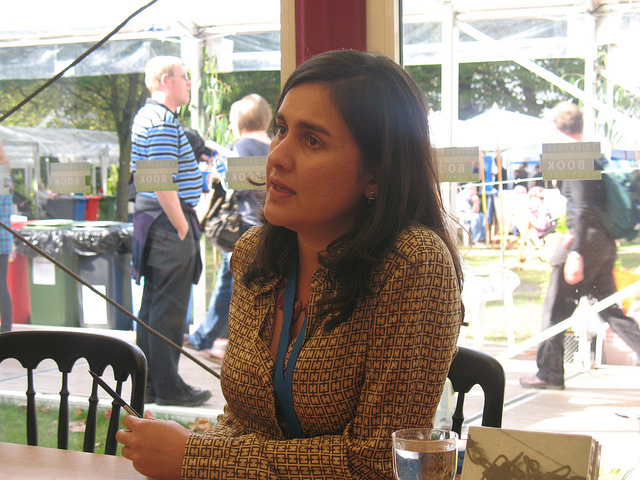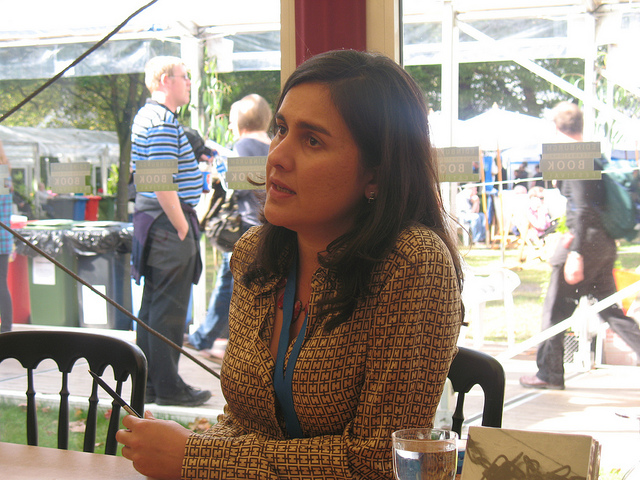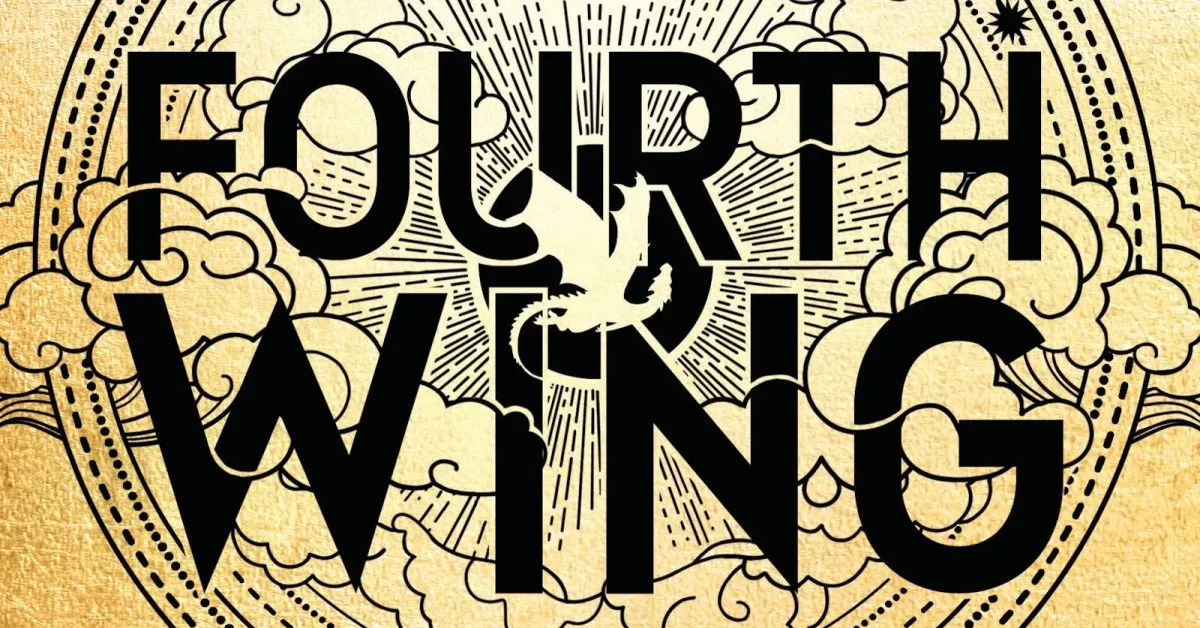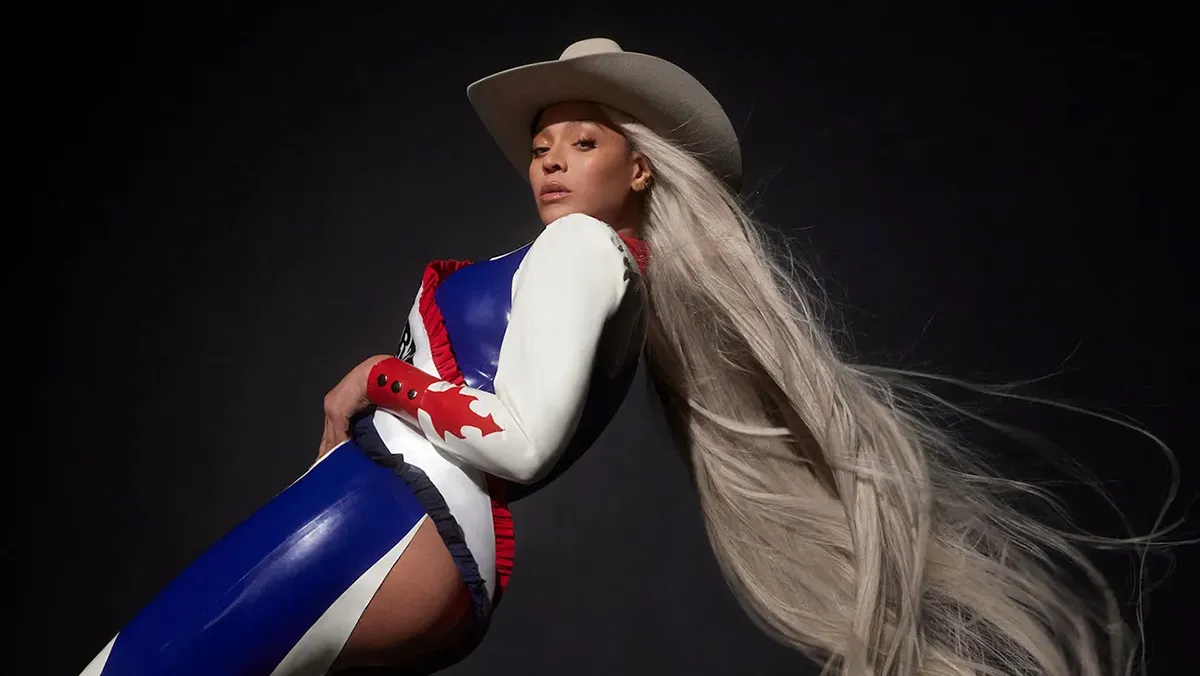In an opinion piece by Kamila Shamsie that she calls “a provocation,” the writer takes on the gender bias and power privilege in publishing with a radical proposal: in 2018, the centennial of women over 30 in the UK receiving the vote, publishers should release no new titles written by men.
In her article, Shamsie acknowledges that literary culture has improved in recent decades, citing sources literary presses like Virago and women’s prizes for fiction. However, she also discusses the various ways that the gender imbalance in literature still rears its ugly head, mainly in literary awards. She examines the Booker, the Pulitzer, World Book Night, and other facets.
The author Nicola Griffith recently published a study of prizewinning books on both sides of the Atlantic, broken down by the gender of their protagonists; it revealed that in the last 15 years, 12 of the Booker-winning novels have had male protagonists, two have had female protagonists, and one has had both male and female protagonists. The Booker does well compared with the Pulitzer across the Atlantic, which has had no female protagonist among its 15 winning books.
She provide various examples of ways in which male and female writer are treated differently, and leaves it with this.
But at this point, I’m going to assume that the only people who really doubt that there is a gender bias going on are those who stick with the idea that men are better writers and better critics, and that when men recommend books by men it is fair literary judgment, while when women recommend books by women it is either a political position or woolly feminine judgment. To these people I have nothing to say except, go away and read some Toni Morrison.
Shamsie argues that in the same spirit of the Year of Reading Women there should be a Year of Publishing Women. Will it work? “I suggest we find out,” says Shamsie. While she acknowledge that there are “details to work out,” the author fully understands that it is a radical idea, stating:
We must learn from the suffragettes that it’s not always necessary or helpful to be polite about our campaigns.
Although I can’t predict how much momentum or support Shamsie will receive in her campaign, gender bias within literary culture does need addressing, and I hope that her provocation will draw attention to the issue. Hopefully, publishing houses will also take notice and actively address bias in publishing.
The issue can’t of course be broken down into a story of fair-minded women versus bigoted men. Like any effective system of power – and patriarchy is, over time and space, the world’s most effective system of power – the means of keeping the power structure intact is complex.
(via The Guardian; Image via Robert Burdock on Flickr)
—Please make note of The Mary Sue’s general comment policy.—
Do you follow The Mary Sue on Twitter, Facebook, Tumblr, Pinterest, & Google +?









